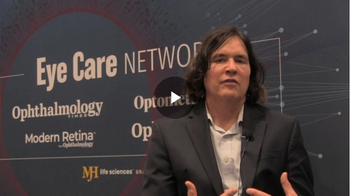
Robert J. Noecker, MD, MBA, discusses the IRIDEX consensus paper regarding MicroPulse transscleral therapy for glaucoma at AAO 2021.


Robert J. Noecker, MD, MBA, discusses the IRIDEX consensus paper regarding MicroPulse transscleral therapy for glaucoma at AAO 2021.

At AAO, AbbVie presented results from the ARTEMIS study, showcasing IOP lowering that extends beyond the original 20-month timeframe.
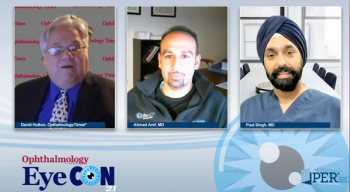
Ahmad Aref, MD, and Paul Singh, MD, offer a recap of their EyeCon 2021 presentation.

The 12-Month OMNI data from the prospective, multicenter GEMINI clinical trial show statistically significant postoperative reductions in mean IOP and suppression of daily IOP fluctuations.

PRS can modify disease outcomes due to other genes, such as MYOC.

Felipe Medeiros, MD, presents results from a phase 3 clinical extension study of the bimatoprost implant that found patients’ IOP was lowered and stayed low with no additional treatment or changes in their visual fiends.

Investigators find that mutations could lead to early treatment intervention.
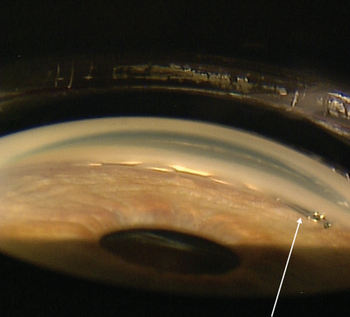
Three cases demonstrate value of new tools, technology for surgeons.

Aerie Pharmaceuticals announced Tuesday positive topline results for the phase 3 trial evaluating netarsudil 0.02% versus ripasudil 0.4% for the treatment of open-angle glaucoma and elevated IOP.

Changes are resulting in better outcomes for patients with glaucoma.
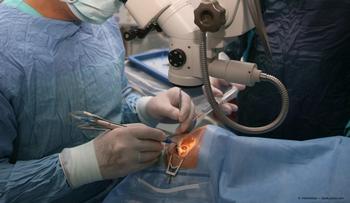
Yoshihiro Yonekawa, MD, reports on the findings of an investigation looking at the prevalence of endophthalmitis following minimally invasive glaucoma surgery.
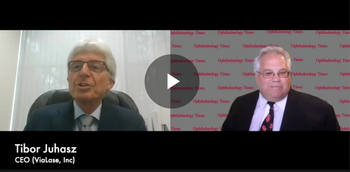
Tibor Juhasz, CEO of ViaLase, Inc, discusses the company's development of a novel, noninvasive high-resolution OCT image-guided femtosecond laser technology for the treatment of open-angle glaucoma.
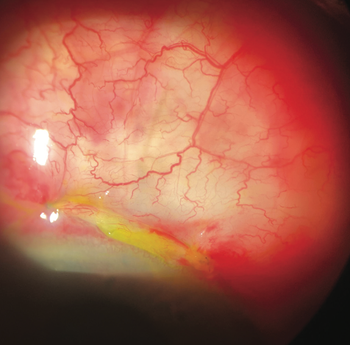
Speed the return to baseline visual acuity—and make your patients happy.

TearClear to start clinical trial for TC-002 latanoprost ophthalmic solution 0.005%.

Randomly assigned controlled trials key in increasing understanding of disease.

Understanding nuances of reimbursement for novel, sustained-release ophthalmic drugs can help maximize the opportunity for patients and practice.

The Research to Prevent Blindness (RPB), the Association of University Professors of Ophthalmology (AUPO) and an anonymous donor have recognized Donald Zack, MD, PhD, for ground-breaking contributions to the field of vision research.

Region may have world’s highest rate, investigators say.

Investigators from various companies described their diagnostic offerings at the Glaucoma Research Foundation’s 2021 New Horizons Forum.

Telemedicine provides readiness in time of crisis.
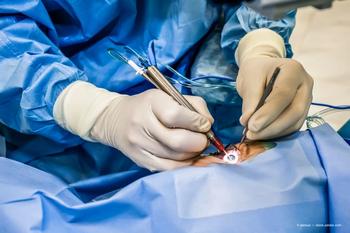
Mark Gallardo, MD, reports 12-month outcomes of iStent inject® combined with cataract surgery in a predominantly Hispanic patient population with mild to moderate open-angle glaucoma (OAG) and comorbid cataract.
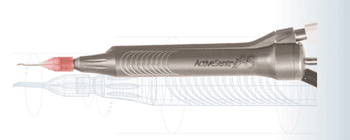
Hisaharu Suzuki, MD, PhD, provides insight on how a handpiece maintains the anterior chamber stability even when occlusion occurs, suggesting its usefulness for a safe and efficient surgery.

Basil Williams, Jr., MD, reports on the association between development of elevated intraocular pressure and numerous commonly performed vitreoretinal treatments.

A new report has found that glaucoma specialists’ procedure of choice has changed as a result of the COVID-19 pandemic.
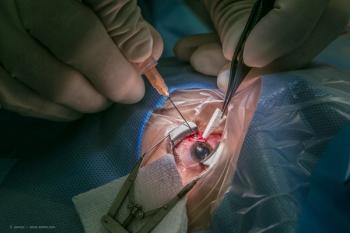
Although minimally invasive procedure gives hope, additional research is required.